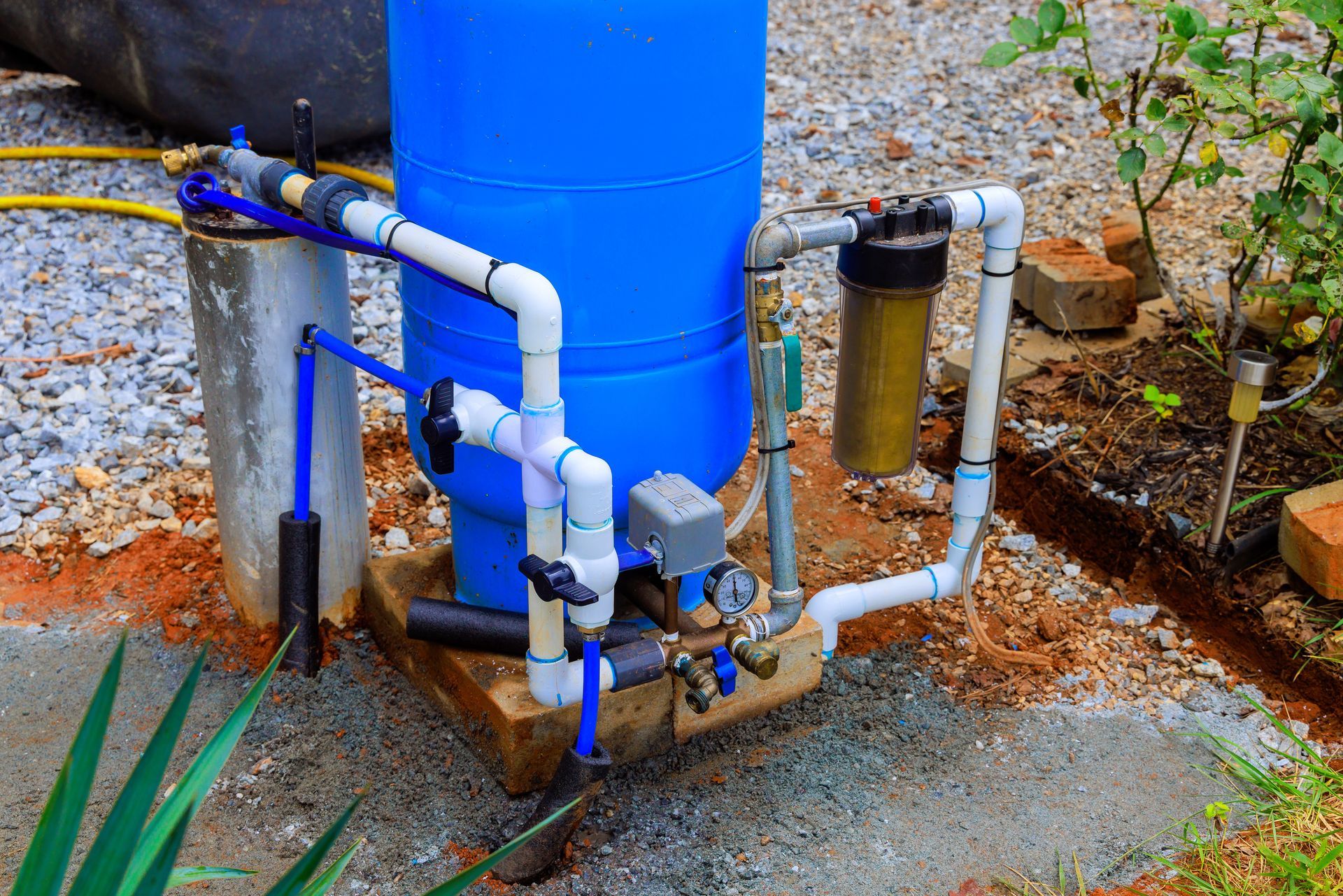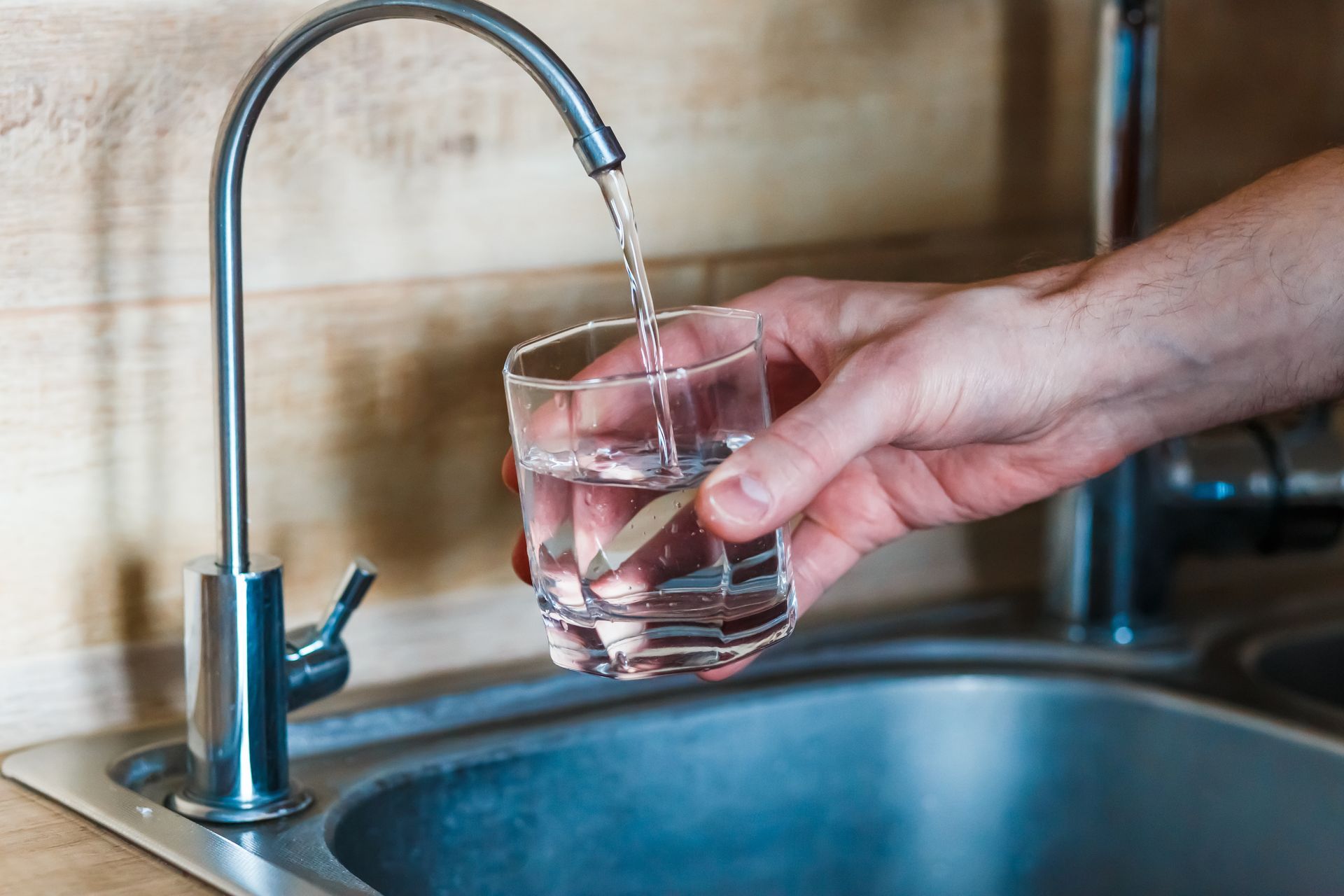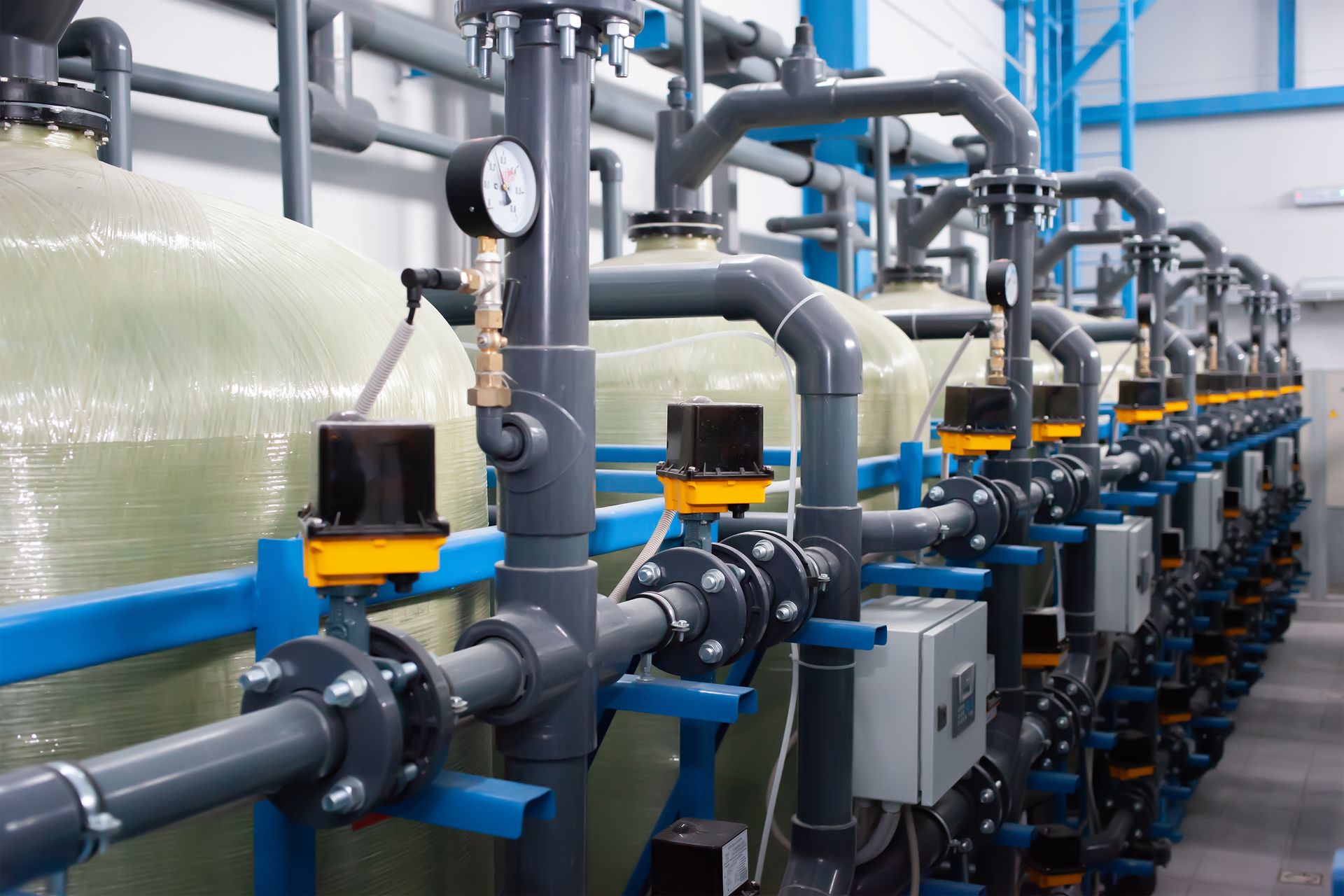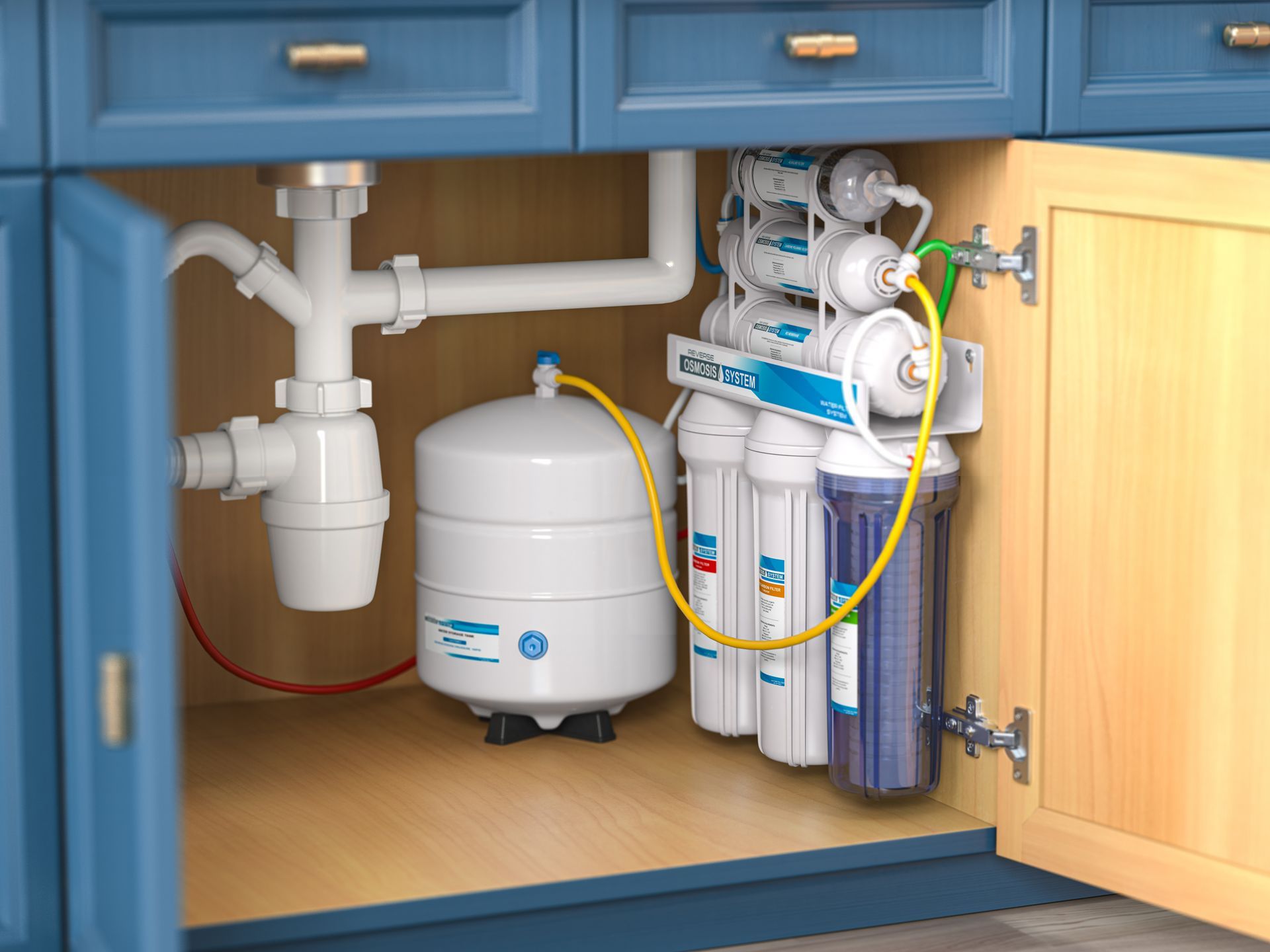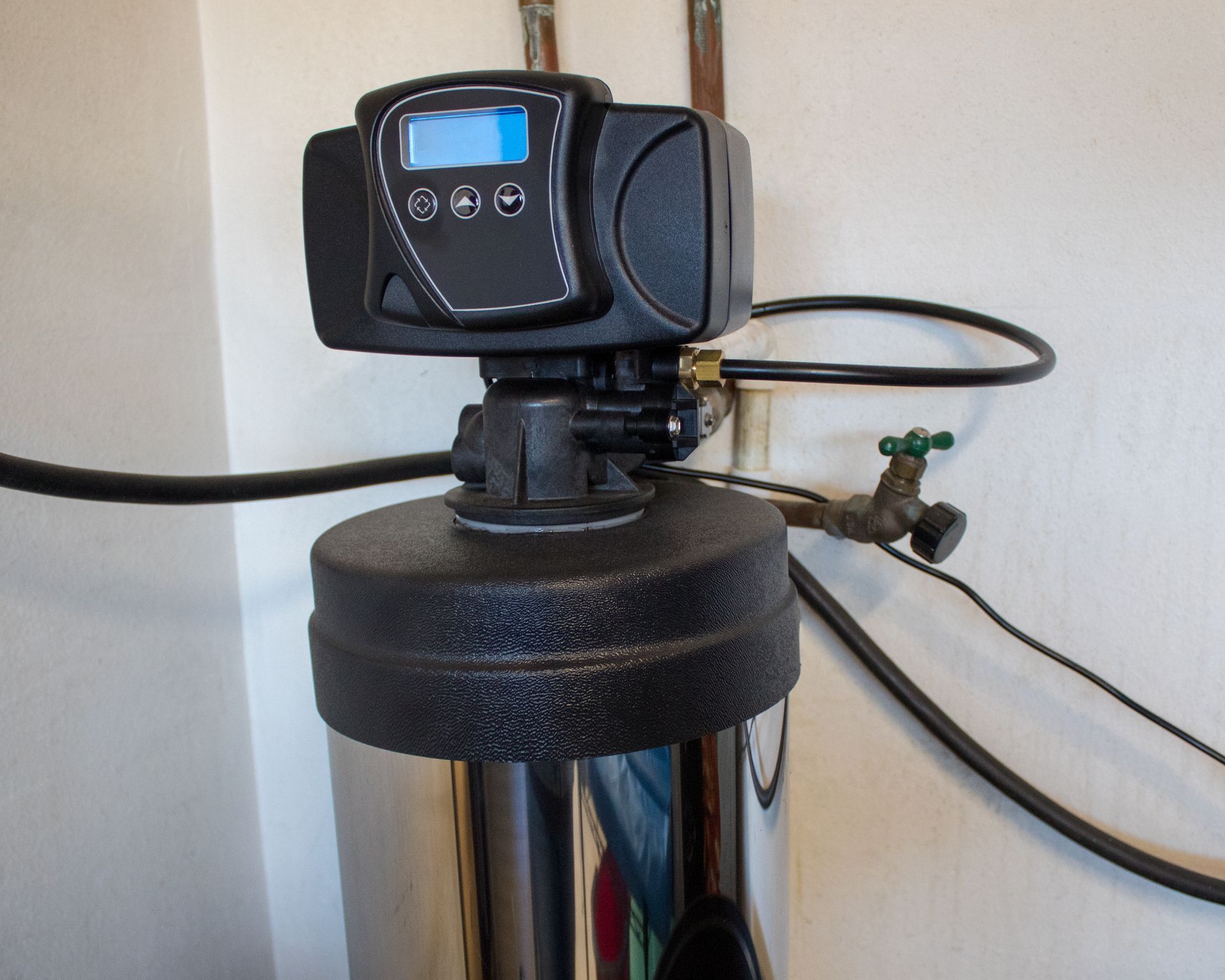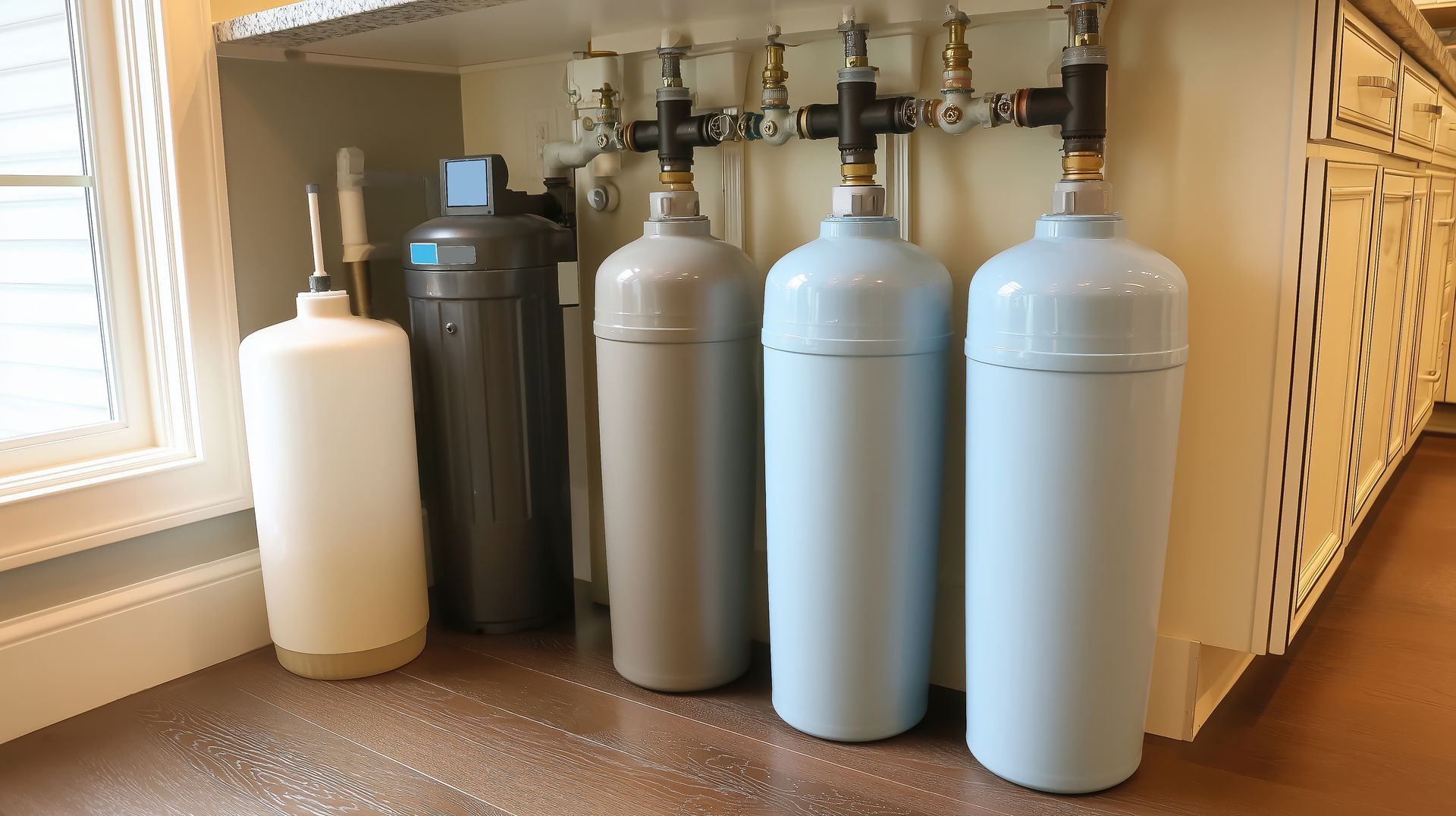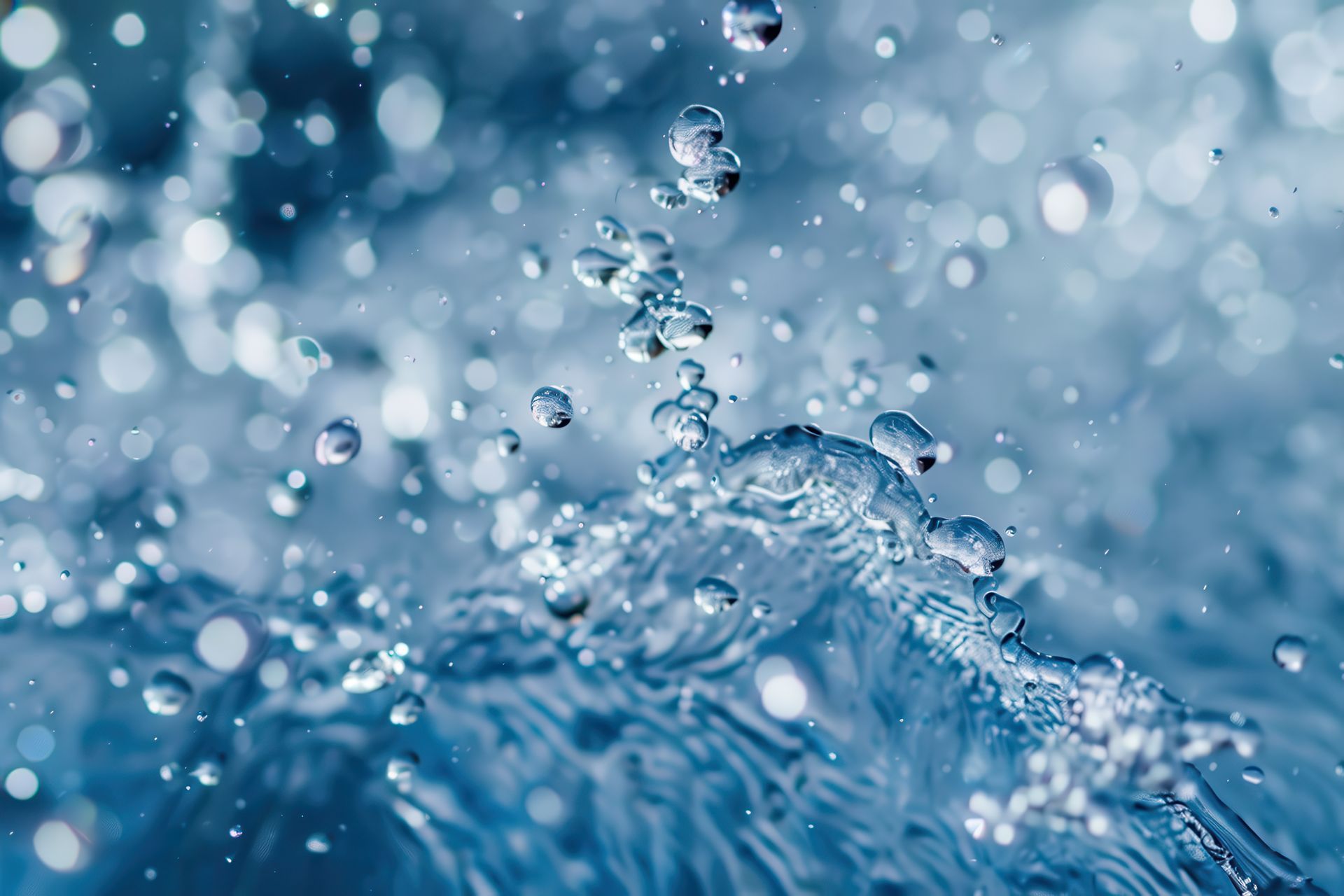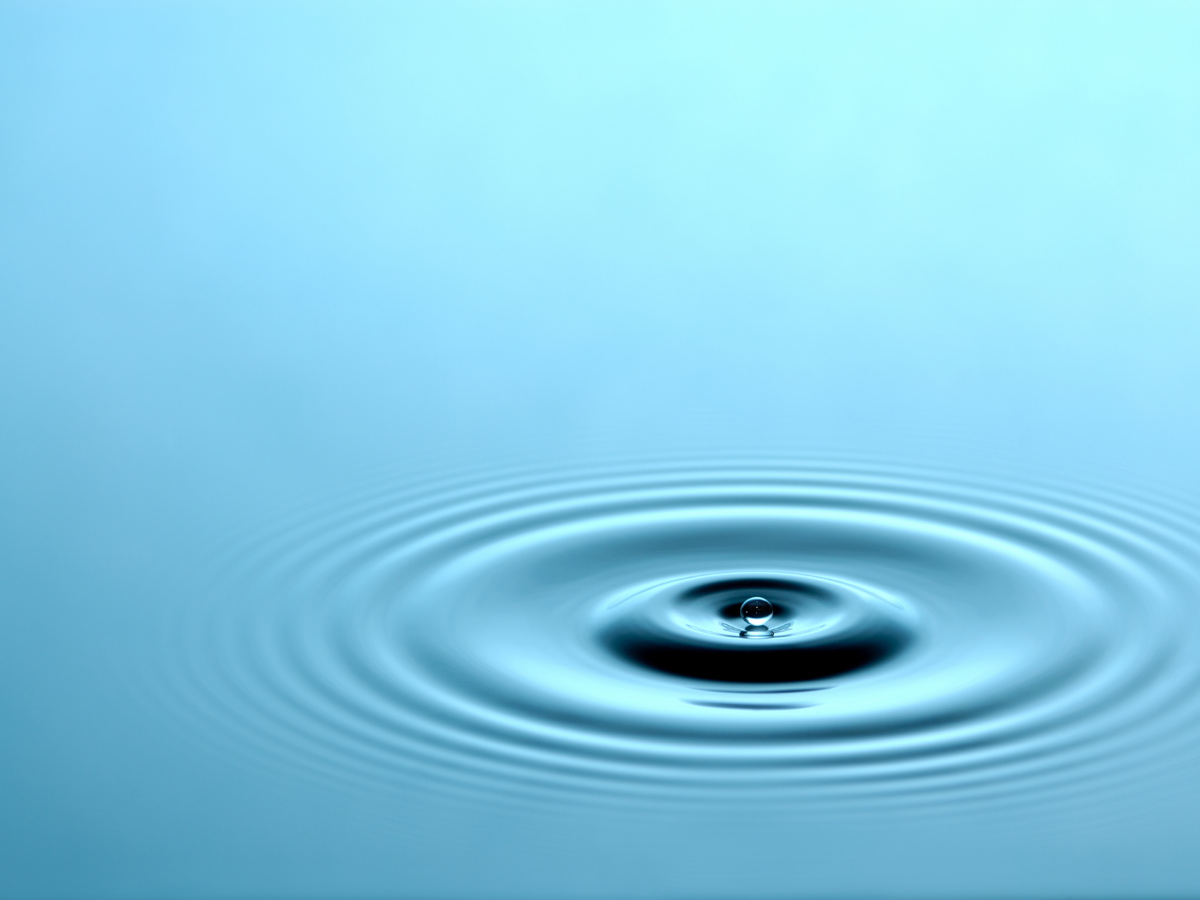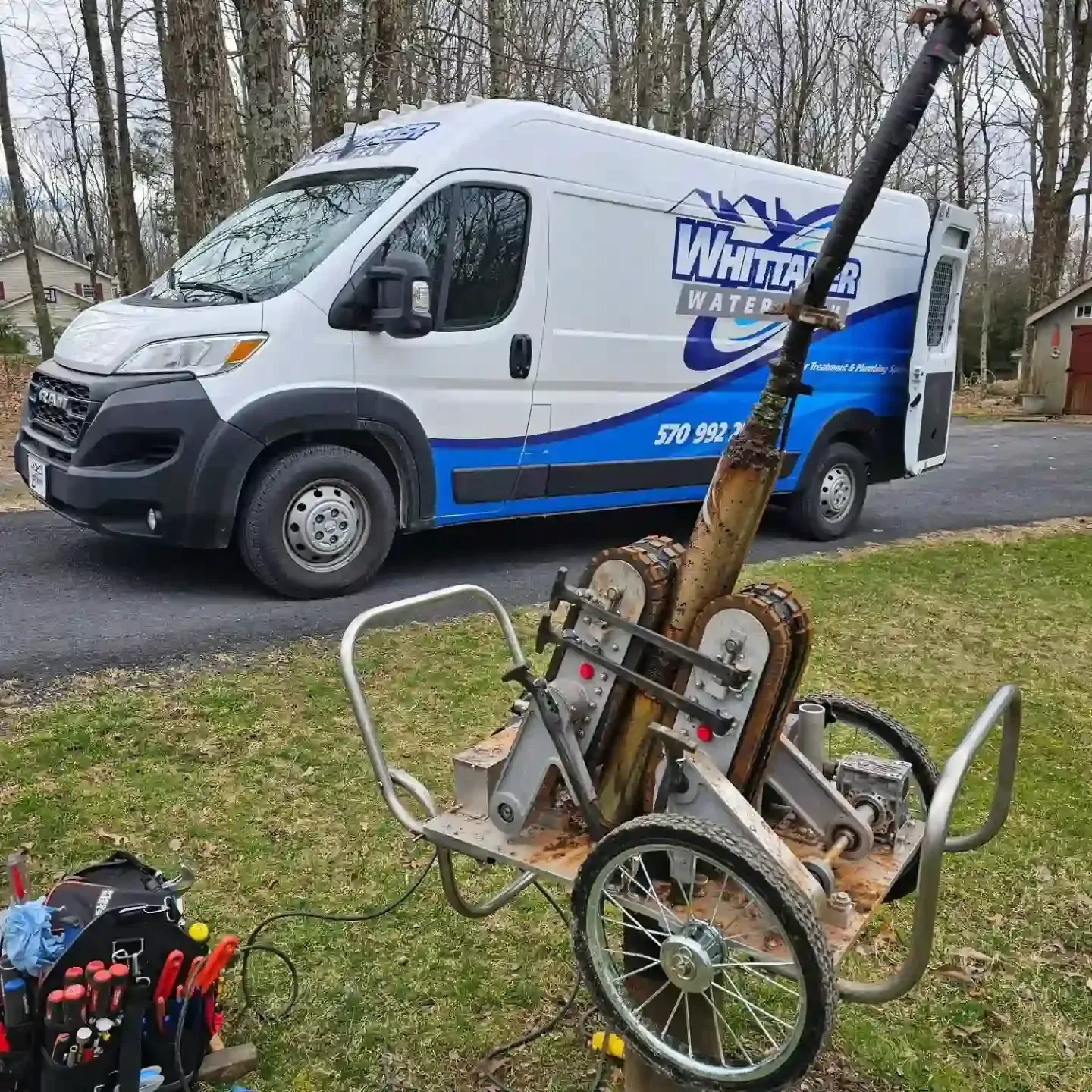What Is Hard Water?
May 30, 2025
Hard water is a common issue in many households and businesses, and it can have a significant impact on plumbing, appliances, and overall water quality. But what exactly is hard water, and why should you care? In this blog, we’ll explain what hard water is, how it affects your home, and the best solutions to manage it.
1. What Is Hard Water?
Hard water is water that contains high levels of dissolved minerals, primarily calcium and magnesium. These minerals are picked up by water as it moves through soil and rock formations, which often contain these naturally occurring elements. The higher the concentration of calcium and magnesium, the harder the water becomes.
Why It’s Important:
Hard water can cause a variety of issues in your home, including clogged pipes, damaged appliances, and reduced water efficiency. While hard water isn’t harmful to your health, it can make cleaning tasks more difficult and lead to higher energy bills.
What You Can Do:
To test whether you have hard water, consider using a home water testing kit. If you find that your water is hard, it’s important to consider water softening solutions to reduce the mineral content and protect your plumbing and appliances.
For more information about hard water and water quality, visit resources like the U.S. Geological Survey.
2. Signs You Have Hard Water
There are several noticeable signs that indicate you might have hard water. These include:
- Limescale Build-Up: White, chalky deposits around faucets, showerheads, and inside pipes are caused by the minerals in hard water.
- Soap Scum and Residue: Hard water reacts with soap to form scum, which can leave residue on your skin, clothes, and in the bathtub.
- Dry Skin and Hair: Minerals in hard water can strip your skin and hair of moisture, leaving them feeling dry or itchy.
- Clogged Appliances: Over time, hard water can cause scale buildup inside appliances like dishwashers, water heaters, and coffee makers, reducing their efficiency and lifespan.
Why It’s Important:
Not only does hard water make cleaning and bathing less effective, but the build-up of limescale can reduce the efficiency of your appliances, increasing your energy costs and potentially leading to costly repairs or replacements.
What You Can Do:
If you’re experiencing these symptoms, it may be time to consider solutions like a water softener to remove the minerals and improve the quality of your water.
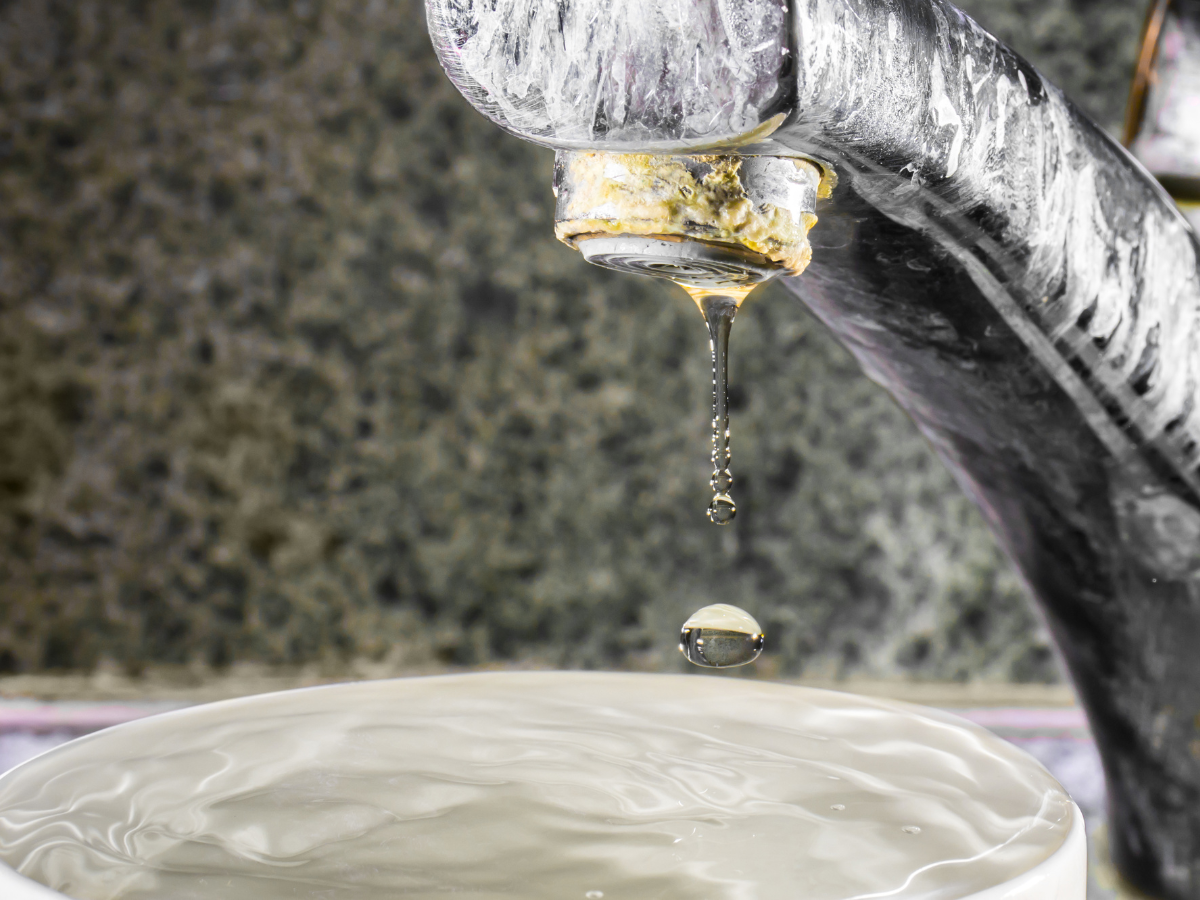
3. How Hard Water Affects Plumbing and Appliances
Hard water can have a major impact on the plumbing in your home. Over time, the calcium and magnesium deposits can accumulate in pipes, leading to clogs and decreased water flow. This can cause a variety of problems, including low water pressure and increased likelihood of pipe bursts due to mineral buildup.
Appliances such as water heaters, dishwashers, and washing machines are also vulnerable to the effects of hard water. The mineral deposits can reduce their efficiency, causing them to work harder and consume more energy.
Why It’s Important:
These issues can result in higher maintenance costs and increased utility bills, making it essential to address hard water as soon as possible.
What You Can Do:
Consider installing a
water softener system to prevent the buildup of minerals in your plumbing and appliances. A water softener removes calcium and magnesium, replacing them with sodium or potassium ions, which can prevent scale build-up and improve efficiency.
Learn more about the effects of hard water on plumbing and appliances from trusted sources like Water Quality Association.
4. How to Treat Hard Water
There are several ways to treat hard water in your home, with the most common solution being the installation of a water softener. Here’s how it works:
- Water Softener Systems: These systems use ion exchange to remove calcium and magnesium from your water, replacing them with sodium or potassium ions. This process helps to reduce the hardness of the water, preventing mineral buildup in your pipes and appliances.
- Reverse Osmosis Systems: Reverse osmosis filters use a semi-permeable membrane to remove contaminants, including calcium and magnesium, from the water. While not as common as water softeners, reverse osmosis systems can be effective for treating hard water on a smaller scale, such as for drinking water.
Why It’s Important:
Using a water softener or reverse osmosis system is an effective way to manage hard water and prevent damage to your plumbing, appliances, and fixtures. It can also improve the quality of your water, making it easier to clean and maintain your home.
What You Can Do:
If you're experiencing issues with hard water, consult with a professional like
Whittaker Water Tech to find the best water treatment solution for your home. We offer a range of
water softening and filtration systems to ensure your water quality is optimal.
Explore our water softening services for more information.
5. Benefits of Soft Water
Soft water, which is water that has been treated to remove the minerals that cause hardness, offers several benefits:
- Improved Water Quality: Soft water feels smoother and is better for your skin and hair. It also prevents soap scum and residue from building up on your skin or in your appliances.
- Longer-Lasting Appliances: Water softening reduces the likelihood of mineral buildup in your appliances, increasing their lifespan and improving their efficiency.
- Energy Savings: By preventing scale buildup in appliances like water heaters, soft water helps maintain the efficiency of these systems, potentially lowering your energy bills.
Why It’s Important:
Investing in a water softening system can improve both the functionality of your home’s water systems and the overall quality of your daily life. From cleaner skin to reduced appliance maintenance, soft water offers numerous advantages.
What You Can Do:
Contact
Whittaker Water Tech to explore your water softening options and find the best solution for your home. We specialize in high-quality
water treatment systems that can help eliminate the effects of hard water.
Conclusion
Hard water may seem like a minor inconvenience, but its long-term effects on your plumbing, appliances, and skin can add up. By recognizing the signs of hard water and taking the necessary steps to treat it, you can protect your home and enjoy better water quality.
If you’re dealing with the effects of hard water, Whittaker Water Tech is here to help. We offer water softening and filtration systems that can improve the quality of your water and save you money in the long run.

